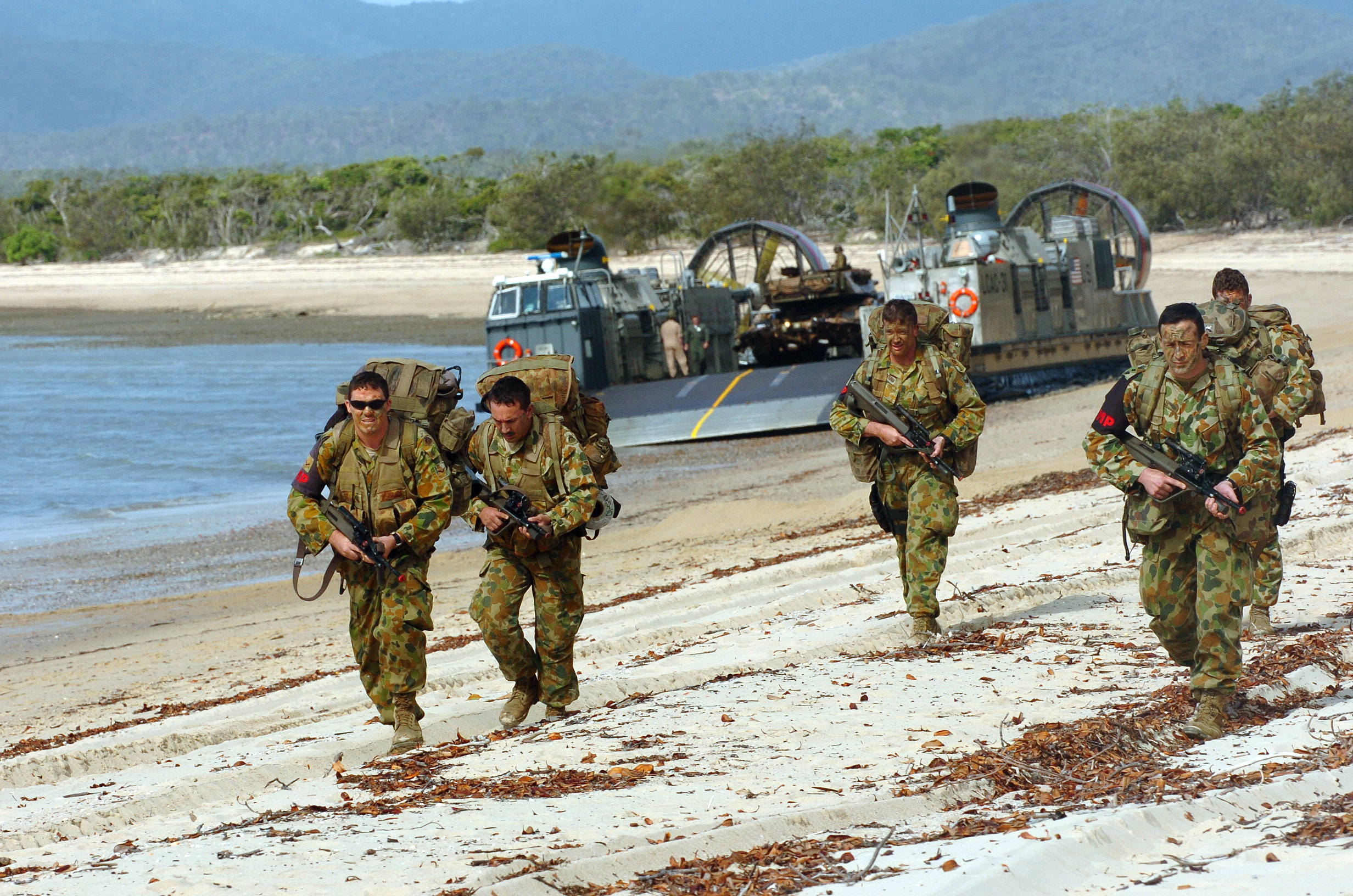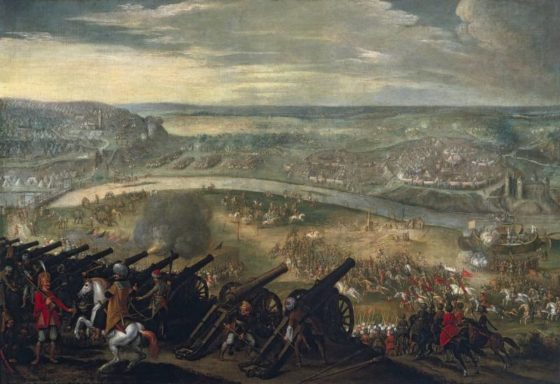
ON MAY 23, 2003, the civilian head of the U.S.-led occupation of Iraq issued Coalition Provisional Authority Order No. 2. The directive called for the immediate dissolution of the 450,000-man Iraqi military. With the stroke of a pen, one of the world’s largest armies was disbanded.
According to L. Paul Bremer III, the White House’s appointed administrator overseeing post-war reconstruction, the controversial move would instantly eradicate one of Saddam Hussein’s chief instruments of oppression of the Iraqi people.
Critics of the Bush Administration (and even some working within it) considered the decision a catastrophic blunder of the highest order. In fact, many pointed to it as one of the leading factors that led to the insurgency that would ravage the country for years to come.
Interestingly enough, the Iraqi military initially figured prominently in America’s post war plans. It was hoped that Saddam’s defeated soldiers could be redeployed under coalition command to help stabilize the country following combat operations, thus allowing the bulk of American and allied personnel to return home.
Instead, Bremer’s directive left hundreds of thousands of Iraqi troops jobless, impoverished and seething with rage — and many still had access to the myriad of weapons depots that dotted the country.
While plans to rebuild the Iraqi army would soon be announced, for a time Iraq would be something of an anomaly on the world stage – a country with no national armed forces to speak of.
While it’s certainly rare for a country to be without a military, there have been others. Here are some of them.
Protected by Others
• For nearly 400 years, the 2 sq. km. Mediterranean city state of Monaco has done without an army. What few soldiers it does have are almost entirely devoted to protecting the royal family. The defence of the 35,000 residents is the currently responsibility of the French military.
• Nestled between Spain and France, Andorra also has no standing combat capable army. The closest thing the 400 sq. km. principality has to a military is a counter terrorism unit that’s attached to its police force. Despite this, according to local law, all adult males can be called upon to serve during a national emergency. Currently, both Spain and France protect Andorra.
• The remote Pacific island nation of Samoa has no army either, save for a police force, but it does maintain a single 100 foot long patrol boat, The Nafanua. Since 1962, New Zealand has volunteered to protect Samoa.
• Kiribati is a remote chain of 32 atolls scattered over 1.5 million sq. kms of the Pacific. It maintains a one-ship navy and a national constabulary. Both Australia and New Zealand share the defence responsibilities.
• Nauru, the world’s smallest island nation also counts on Australia for its defence. Local security is maintained by a small police force and a volunteer reserve.
• The United States provides for the military protection of a number of smaller states throughout the world. For example, Iceland, which abolished its military in 1869, does contribute personnel to UN Peacekeeping missions. However, from the 1950s to 2006, the United States maintained a military presence on Iceland. Similarly, the Marshall Islands, Micronesia and Palau all maintain a national police force and warship apiece, but are protected by the U.S. military under the terms of the Compact of Free Association treaty.
The Regional Security System
Three army-less nations in the Western Hemisphere don’t count on a larger power for security – they rely on each other. The Caribbean nations of Grenada, St. Lucia and Saint Vincent & The Grenadines are part of a treaty framework known as the Regional Security System (RSS). While other member nations such as Antigua, Nevis and Barbados and Dominica all have limited military capabilities, the best the former can muster come from the local constabulary. For example, Grenada’s army was disbanded following the 1983 American invasion of the island. Defence is the responsibility of the local police. Its neighbor to the north, St. Lucia, maintains a 116-man police and coast guard force, while St. Vincent and The Grenadines has a 94-member security and rescue unit that’s led by officers from the British Royal Navy. The RSS, which is directed from a headquarters in Barbados, largely provides humanitarian and disaster relief as well as performing drug interdiction missions.
Utterly Defenseless?
Mauritius, which is located in the Indian Ocean, outlawed both its army and navy in 1968. Aside from a 10,000-man police force, the former British colony maintains a 1500-strong special mobile force – a sort of volunteer para-military commando battalion. It also has a 500-member maritime search and rescue unit.
Amazingly, the world’s wealthiest country has virtually no army whatsoever. Liechtenstein, a 160 sq. km. principality perched atop the Alps between Austria and Switzerland, has a population of 35,000, zero national debt and the highest GDP per capita of any country in the world. Yet, the closest thing to a standing army Liechtenstein has ever known was a detachment of 500 Russian collaborators that served in the German army during World War Two. In 1945, 500 members of the First Russian National Army occupied the tiny neutral state after refusing to surrender to the Allies. Some were eventually persuaded to return to the Soviet Union, where they were arrested, imprisoned or killed, while others fled into asylum in Argentina in 1946. Today, Liechtenstein’s only protection is a small SWAT brigade.
_____________
If you’d like to receive alerts about the latest articles and posts, click on the link in the upper right margin marked “FOLLOW THIS BLOG”. And don’t forget to follow us on Twitter.










Fantastic article, to say the least. THANKS !
WOW…Peace without a fight, a war, is really possible… I’ll be darn ! And these places are on the same planet that I’m on… Wow … a little humor there, maybe very little humor.
Ha.. thanks for the comments. Glad you enjoyed it.